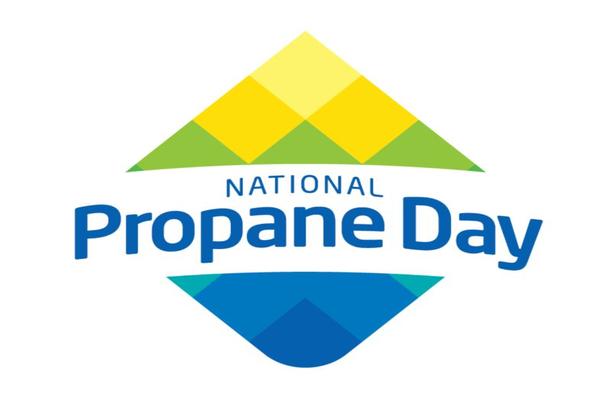Celebrating National Propane Day: Eco-Friendly Facts and History

On October 7, many organizations across the U.S. celebrated National Propane Day. It was a day dedicated to honoring the hardworking propane suppliers nationwide. These business owners provide propane services 24/7, ensuring that communities stay warm and safe. Let’s take a moment to appreciate their efforts and explore the incredible benefits of using propane.
In the United States, there are more than 3,500 propane suppliers. Many of them are family-owned businesses deeply rooted in their local communities. These suppliers often go to great lengths to ensure their customers’ safety and comfort during natural disasters and power outages.
Propane: An Eco-Friendly Choice
Propane, also known as liquefied petroleum gas (LPG), is a gas that’s typically compressed and stored as a liquid. It’s a versatile fuel used for space and water heating, cooking, and as an engine fuel. Propane powers machinery such as forklifts, farm irrigation engines, fleet vehicles, and buses, offering a clean and efficient alternative.
One remarkable fact about propane is its inclusion in the 1990 Clean Air Act. This recognition highlights propane’s environmental advantages. Compared to traditional gasoline and fuel oil, propane significantly reduces greenhouse gas emissions, including carbon dioxide, carbon monoxide, and nitrogen oxide. It’s an economical choice and a monumental step towards a cleaner and healthier environment.
The Origins of Propane
Propane’s history dates back to 1910 when chemist Walter Snelling stumbled upon it while experimenting with gasoline. He aptly called it “wild gas.” By 1913, Snelling was granted patent number 1,056,845 for LP gas. His research during the 1920s and 1930s paved the way for propane’s use in homes, equipment, and vehicles. To enhance safety, a distinctive rotten egg odor (ethyl mercaptan) was added to propane in the 1930s, making it easier to detect leaks.
Five Fascinating Propane Facts:
1. The U.S. produces over 90% of its propane, reducing reliance on foreign oil.
2. Propane is remarkably energy-efficient, potentially reducing energy costs by up to 90% compared to conventional electricity.
3. Propane is non-toxic to the environment but highly flammable, so handling it safely is crucial.
4. Propane remains a reliable heating choice, even in freezing temperatures as low as 44 degrees Fahrenheit.
5. As a clean-burning fuel, propane helps reduce air emissions, offering an affordable and eco-friendly solution.
Propane Production
Propane is primarily derived from natural gas and crude oil products. During extraction, it’s separated from wellhead gas at processing plants to enhance the flow of natural gas in pipelines. This process also captures other gases like butane and ethane. While some propane byproducts are exported, most are used within the U.S. for heating, cooking, appliances, and standby power.
National Propane Day, established in 2022 through a collaboration between the National Day Calendar and the Propane Education and Research Council (PERC), is a day to celebrate propane suppliers nationwide. It’s an opportunity to raise awareness about this eco-friendly byproduct, known for its environmental safety and affordability.
PERC: Leading the Way
PERC has three primary goals:
1. Safety: Increasing awareness of safe practices in handling and using propane and propane-fueled appliances.
2. Training: Developing and updating industry-leading training and certification programs for propane employees.
3. Research and Development: Promoting the advancement of technologies that enhance the utility, efficiency, environmental performance, and safety of propane in various markets.
As we look back on National Propane Day, we extend our heartfelt appreciation to all propane suppliers and recognize propane’s vital role in providing clean, safe, and reliable energy for our communities nationwide.














